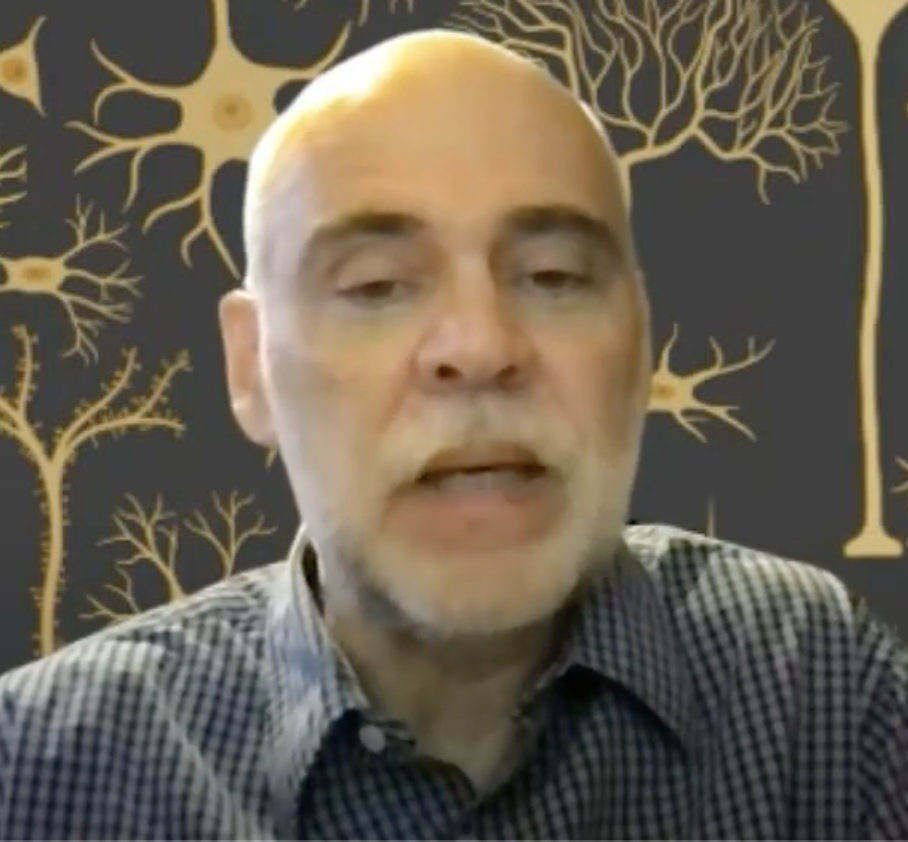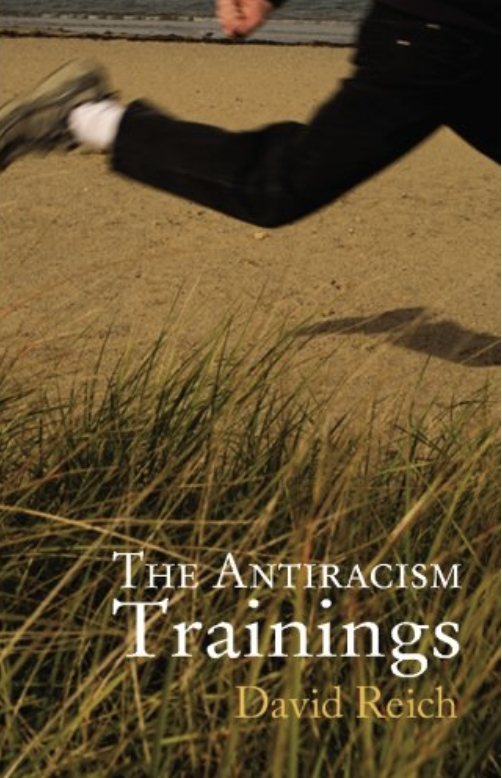Sept. 16, 2024 – The Evolution of Humanism by Dr Mark Reimers


In this NAUA Academy class Terry Anderson overviews the controversial idea that color blindness is the best way to equality and to combat racism.
The argument was fueled by Coleman Hughe’s Ted Talk, the controversy that arose from his talk and his new book – The End of Race Politics.
We also look at Sheena Mason’s Theory of Racelessness.
And finaly we examine those who believe that we can’t just wish racism away by attempting to ignore it.
You are encouraged to register for this event. When you do you will receive a confirmation and a reminder 2 days before the event.
Zoom Address: tinyurl.com/nauaacademy
4/10/2024
Bruce Knotts presents a discussion based upon the new book by Hein de Haas entitled “How Migration Really Works”. Hein de Hass is a professor of sociology at the University of Amsterdam and founding member of the Migration Institute at the University of Oxford. In this book Prof. de Haas demolishes 22 myths about migration that too often shape our policies and attitudes.
Our speaker, Bruce Knotts, served as the Regional Refugee Coordinator in West Africa for the U.S. Government from 2000 to 2003. He currently teaches a course on refugees and migration at New York University, School of Social Work. He will discuss the current political debates on immigration and the plethora of misinformation on the subject.
I Before We Except Overseas – Tracing The Roots Of Our Multi-Century Identity Crisis
Most cultures of European descent cultivate individual identity more than other cultures of the world. We have to go back 60, or 100, or perhaps 300 years to find the roots of our contemporary debates over the role of identity in our society. One intriguing theory is that this focus on individual identity has been intentional and has a distinct purpose. This talk will look at some theories that help explain how we have ended up with increasingly destabilizing disagreements about culture and politics in North America and Europe.
February’s NAUA Academy session featured three experts discuss the ways in which the Supreme Courts of the USA and Canada function to support our democracies. They note the ways in which the courts work, are appointed, their public support and some of the significant effect their decisions have on each of us and our social institutions.

David Reich has written a funny, incisive novel about race, religion, and office politics. He’s fearlessly unpious, observant, and witty, but he’s also fair to his flawed and often enjoyably irksome characters. His gift for finding nuanced humanity in their semi-good intentions gives warmth and life to this quietly ambitious satire. -Carlo Rotella, author of Cut Time: An Education at the Fights.
David Reich’s thoughtful satire about a faithless Jewish editor of a magazine published by a post-Christian secular religion depicts a world where orthodoxy has replaced belief, where ideology has supplanted intelligence-a world easily mistaken for our own. -John Biguenet, author of Oyster and The Torturer’s
Other recorded sessions from the NAUA Academy are available at: https://naunitarians.org/project/anti-racist-trainings/